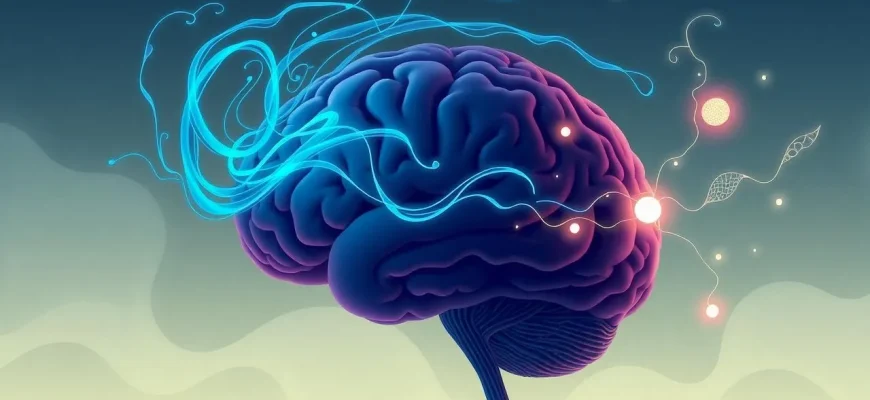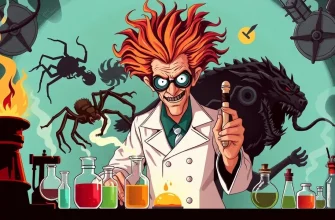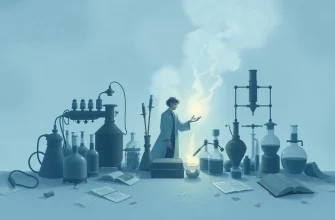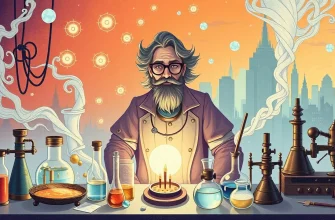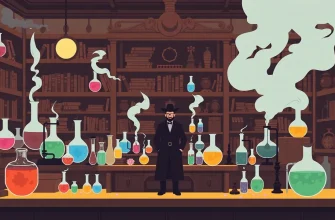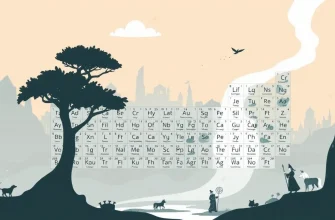Step into a realm where the boundaries between science and fantasy blur, where the intricacies of the human mind are explored through fantastical lenses. This curated selection of films delves into the fascinating intersection of neurobiology and fantasy, offering viewers a unique blend of cerebral exploration and imaginative storytelling. Whether you're a fan of mind-bending plots or simply love the magic of cinema, these films promise to take you on a journey through the synapses of the brain and into realms of pure fantasy.

Dark City (1998)
Description: A man wakes up with no memory and discovers his city is controlled by beings who manipulate time and memory, exploring the neurobiology of identity and memory.
Fact: The film's visual style was heavily influenced by German Expressionism, particularly Fritz Lang's "Metropolis."
 Watch Now
Watch Now 
The Matrix (1999)
Description: Neo discovers that reality is a computer-generated dream world, controlled by sentient machines, exploring themes of consciousness, perception, and the brain's ability to distinguish between reality and simulation.
Fact: The film's concept of 'bullet time' revolutionized action sequences in cinema. The Wachowskis were influenced by various philosophical and cyberpunk works.
 Watch Now
Watch Now 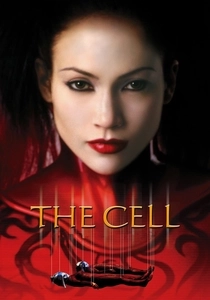
The Cell (2000)
Description: A psychologist enters the mind of a comatose serial killer to find his latest victim, exploring the surreal landscapes of his psyche. This film uses neurobiology to explore the concept of entering another's mind, a theme often explored in fantasy.
Fact: The film's visual effects were groundbreaking at the time, with many scenes shot in a water tank to simulate the fluidity of the mind.
 Watch Now
Watch Now 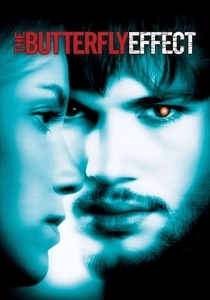
The Butterfly Effect (2004)
Description: A young man discovers he can travel back in time to his past moments, altering his life's trajectory, delving into the neurobiology of memory and time perception.
Fact: The film's title refers to the chaos theory concept where small changes can have significant effects. Multiple endings were shot to reflect the film's theme of alternate realities.
 Watch Now
Watch Now 
Eternal Sunshine of the Spotless Mind (2004)
Description: After a painful breakup, a man undergoes a procedure to erase memories of his former lover, only to realize the beauty of their shared moments. This film explores memory manipulation, a concept rooted in neurobiology, through a fantastical lens.
Fact: The film was inspired by a short story by Charlie Kaufman, who also wrote the screenplay. The title is derived from a poem by Alexander Pope.
 Watch Now
Watch Now 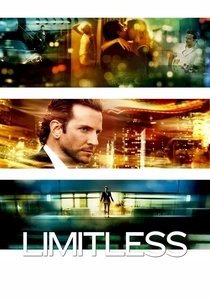
Limitless (2011)
Description: A struggling writer takes an experimental drug that allows him to use 100% of his brain capacity, leading to extraordinary abilities and exploring the potential of human intelligence.
Fact: The film's premise is loosely based on the idea that humans only use a small percentage of their brain, a myth that has been debunked but remains popular in fiction.
 Watch Now
Watch Now 
Inception (2010)
Description: A master thief, Dom, enters the subconscious mind to implant an idea into a target's mind, exploring the depths of dream layers and the neurobiology of dreams. This film delves into the concept of dream inception, a process that could theoretically be linked to neurobiology.
Fact: The film's dream-within-a-dream structure required the creation of a special device to keep track of the dream levels. Christopher Nolan's brother, Jonathan, helped write the script, adding depth to the psychological aspects.
 Watch Now
Watch Now 
The Adjustment Bureau (2011)
Description: A man discovers that his life is being controlled by a mysterious group, exploring themes of free will, destiny, and the brain's role in decision-making.
Fact: The film is based on a short story by Philip K. Dick, known for his exploration of reality and perception.
 Watch Now
Watch Now 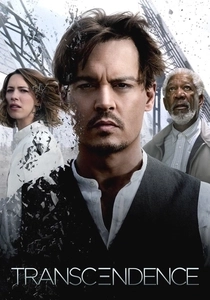
Transcendence (2014)
Description: A terminally ill scientist uploads his mind to a computer, exploring the boundaries between human consciousness and artificial intelligence, touching on themes of neurobiology and digital immortality.
Fact: The film's title refers to the concept of transcending human limitations through technology. Johnny Depp's character, Will Caster, is named after a real-life scientist, Ray Kurzweil, known for his work on AI and the Singularity.
 Watch Now
Watch Now 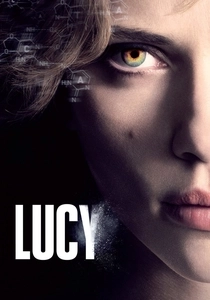
Lucy (2014)
Description: Lucy's brain capacity is dramatically increased after an experimental drug goes awry, leading her on a journey to explore the full potential of the human mind. This film merges the concept of neuroplasticity with a fantastical narrative of human evolution.
Fact: The film was inspired by the myth that humans only use 10% of their brain. Scarlett Johansson underwent extensive training to portray the physical and mental changes her character undergoes.
 Watch Now
Watch Now 
